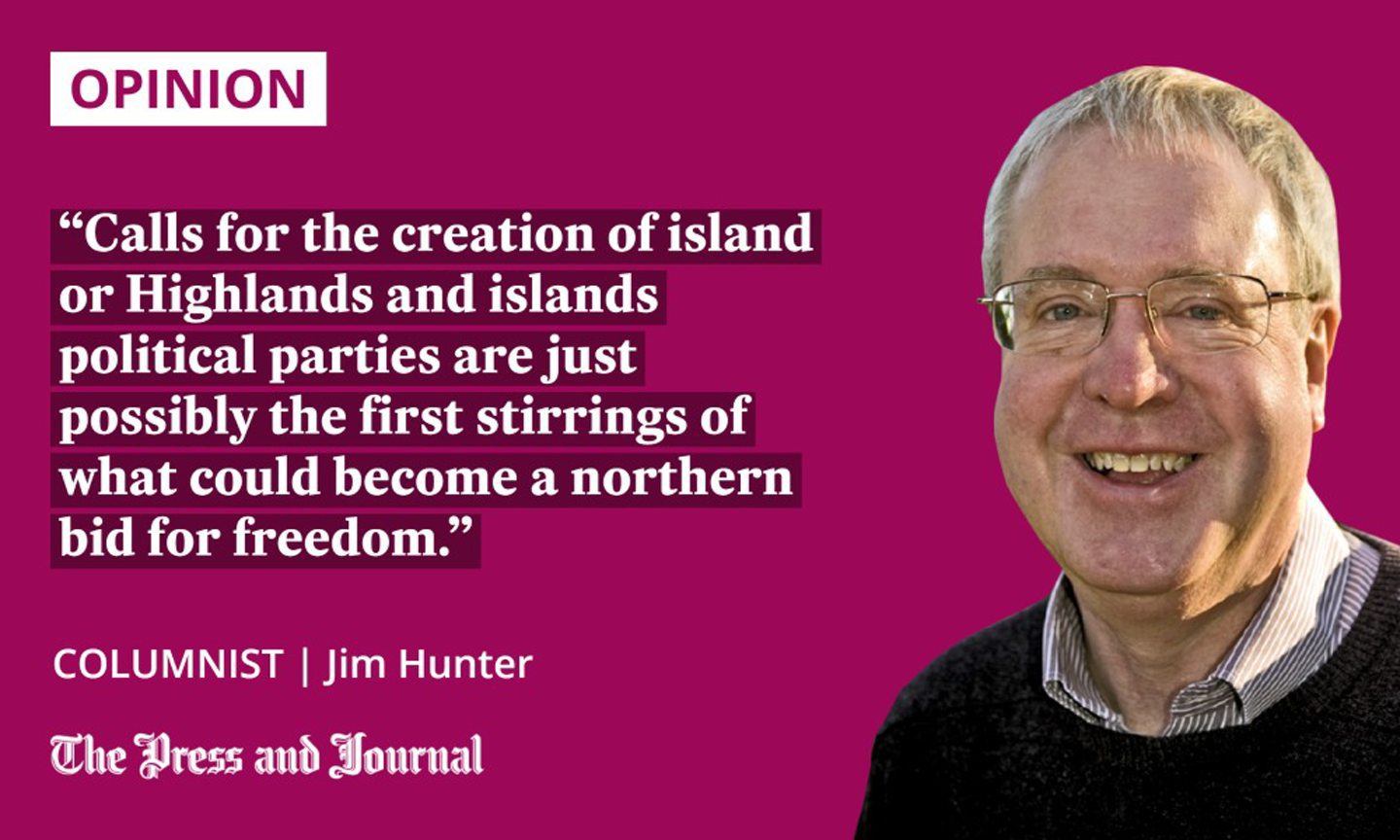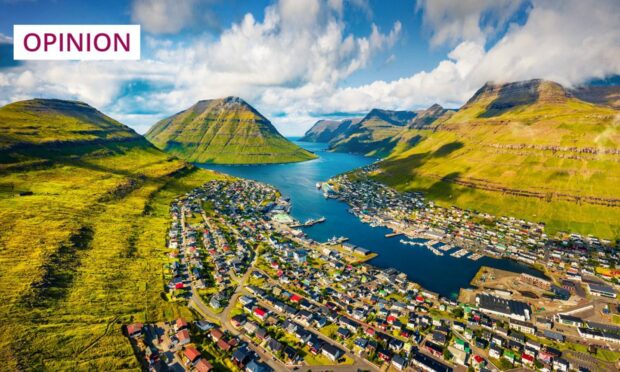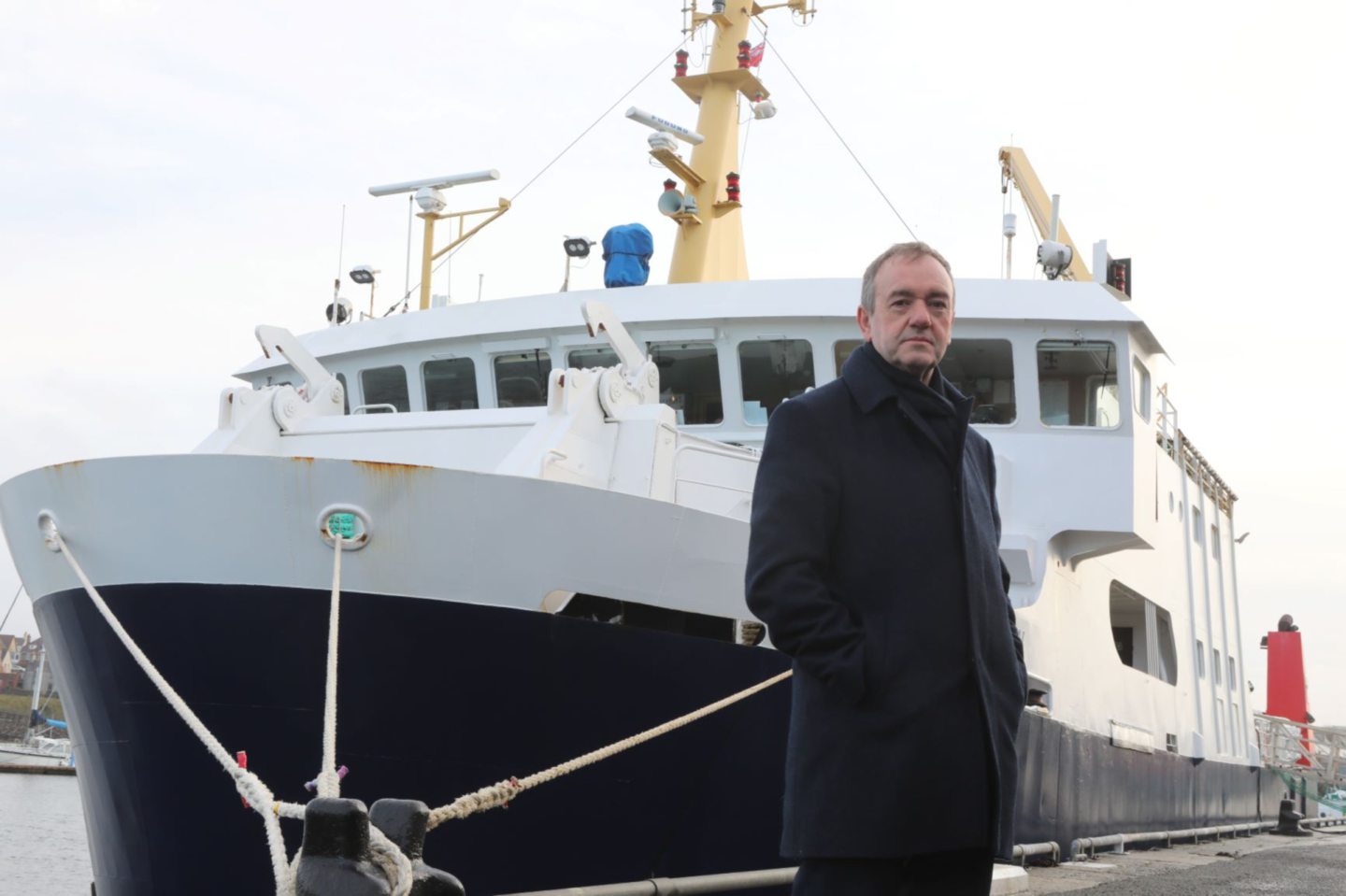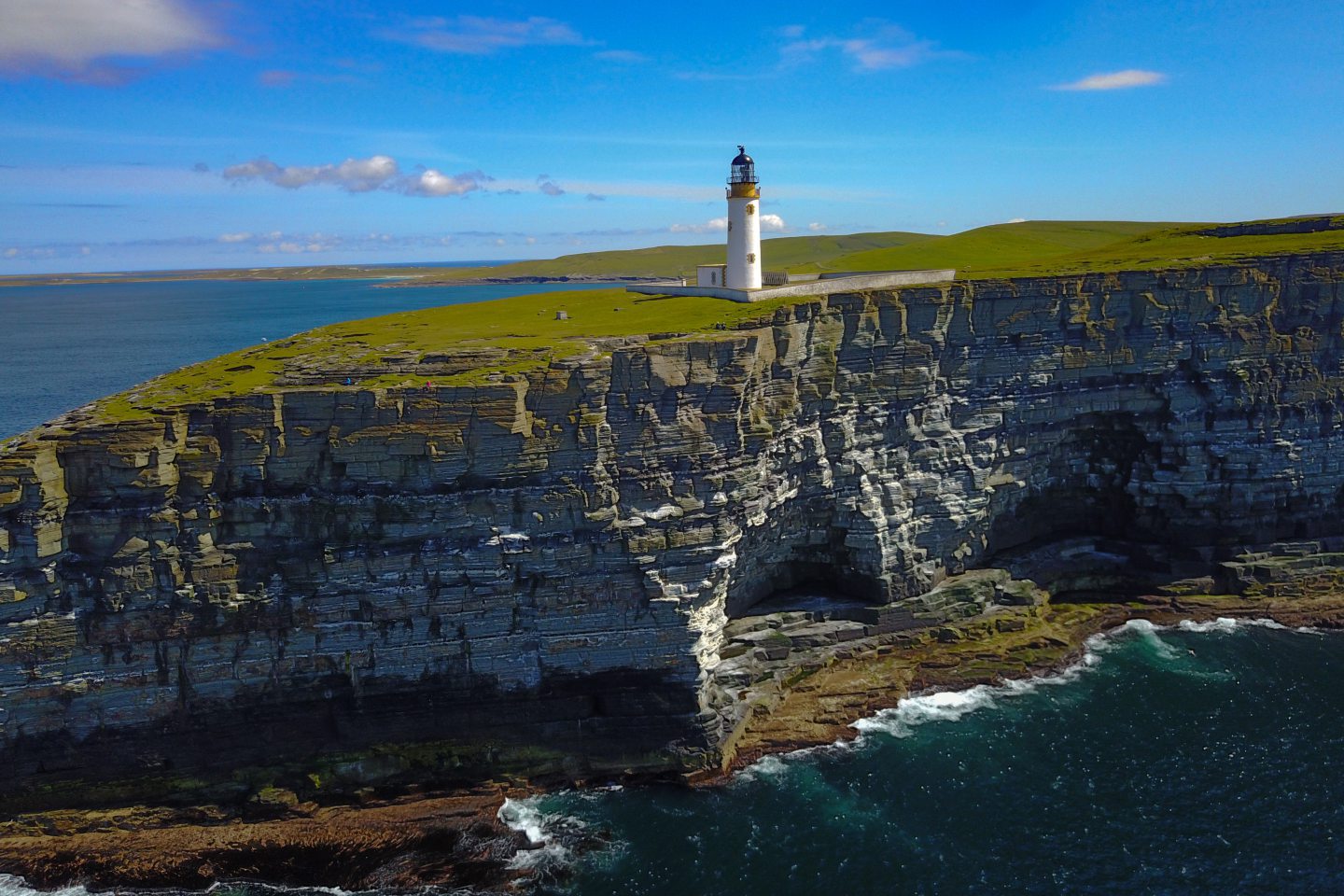Orkney council leader James Stockan hit the national, even international, headlines this month when, announcing that he’d “lost faith” in both the Holyrood and Westminster administrations, he persuaded council colleagues to back an investigation into how Orcadians might obtain a greater degree of self-government.
How Mr Stockan’s initiative plays out remains to be seen. But in saying that Orkney had been “failed” by politicians in both London and Edinburgh, he was giving voice to discontents that are just as evident in the wider Highlands and islands as in Mr Stockan’s council area.
Disenchantment with the performance of the UK’s national and devolved legislatures isn’t confined to the Scottish north. With prices soaring, rents and mortgage costs spiralling upwards, poverty rates increasing and the NHS and other key services visibly crumbling, people all across Britain are understandably unimpressed by what’s on offer from the country’s current rulers.
In much of the Highlands and islands, however, UK-wide dissatisfaction has been compounded by a growing sense that the north is getting an especially raw deal from those distant centres that James Stockan so scathingly criticised.
All sorts of policy failures have contributed to Highlands and islands discontents. Promised dualling of the A9 hasn’t been delivered. Neither have urgently needed improvements to other trunk roads like the A96, the A82 or the landslide-blighted A83.

Rail electrification has still to extend beyond the Central Belt. Longstanding lack of investment in new vessels has resulted in Hebridean ferry services becoming hopelessly unreliable, and in fears that Northern Isles services might go the same way.
The region-wide housing crisis highlighted by the recent finding that almost half of Tiree’s houses are either second homes or holiday lets has yet to produce anything in the way of an adequate policy response – despite the resulting lack of accommodation blighting lives and impacting negatively on businesses and services that can’t find anywhere for staff to stay.
Transport and housing are responsibilities of Holyrood ministers whose reputation in the north has been further dented by their attempt to impose Highly Protected Marine Areas (HPMAs) on coastal and island communities.
HPMAs, or something like them, could be helpful both to those communities and to the marine environment. But the cack-handed way the thing was handled served only to set back conservation objectives and to strengthen suspicions that, from an Edinburgh perspective, the Highlands and islands are an area of which the Scottish Government knows little and for which the same government cares less.
That might be thought to offer an opportunity for London to do better. But, as suggested by James Stockan’s evident wish to be shot of Westminster as well as Holyrood, that opportunity hasn’t been taken.
Faroes examples suggests self-governing islands fare better
The current UK Government’s Brexit obsessions have resulted in loss of access to EU regional and other funds from which the north benefited hugely. And Westminster hasn’t exactly rushed to reform electricity pricing regimes, which have resulted in people living in the Highlands and islands, a major contributor to Britain’s renewable energy drive, facing some of the country’s highest electricity bills.
Where might James Stockan and those who think like him look for inspiration as to how the Highlands and islands might forge new and less dependent relationships with governments they believe are letting down the north?
Perhaps, in the first instance, to Faroe. Like Orkney, Shetland and the Western Isles, Faroe is an Atlantic island grouping. Unlike our islands, however, Faroe is self-governing – while retaining links with the country, Denmark, of which it used to be an integral component.
So, how has that worked out? Well, at the start of the 20th century and before self-government, Faroe had a population of some 15,000, while the Western Isles contained the better part of 50,000 people. The Western Isles population has since halved, while Faroe’s has grown by a factor of nearly four, to around 55,000. And this population, it’s worth adding, enjoys average incomes way in excess of those in the UK.
All of which suggests that Mr Stockan might be onto something, and that self-governing sets of islands do a whole lot better than islands where every decision of consequence is taken in faraway parliaments whose legislators have no direct experience of island life, island needs, island difficulties, island aspirations.
Might the Highlands and islands as a whole, or some parts of the wider region – the Western Isles, Orkney and Shetland, for example – be up for mounting a push for Faroese-style autonomy? Not yet, maybe. But recent calls for the creation of island or Highlands and islands political parties are possibly – just possibly – the first stirrings of what could become a northern bid for freedom from the stifling centralism exercised by Edinburgh and London’s ruling orders.
Jim Hunter is a historian, award-winning author and Emeritus Professor of History at the University of the Highlands and Islands


